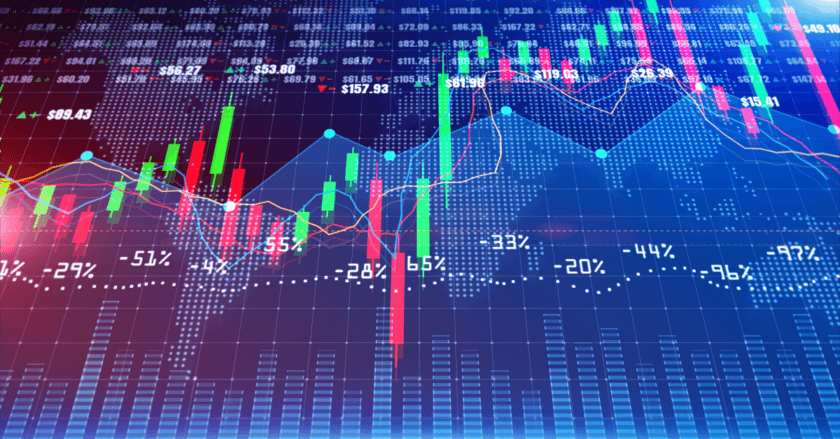The currency trading is not regulated by a single person or an institutional body. The trade regulators in currency exchange are various factors and characteristics. These factors or characteristics are the driving force behind the foreign exchange.
The CFTC (Commodity Futures Trading Commission) has some authority over exchange foreign markets. The Commodity Exchange Act allows the selling of OTC forex futures and options to merchandise customers if, and only if, the counterparty (the person on the other side of the transaction) is a organized/standardized entity.
The regulated entities have following:
- Financial institutions, such as banks and savings associations,
- Registered broker-dealers and certain of their affiliates,
- Registered futures commission merchants (FCMs) and certain of their affiliates,
- Certain insurance companies and their regulated affiliates
- Financial holding companies, and
- Investment bank holding companies.
The central banks being the trade regulators in currency exchange include banks like Federal Reserve Board (FED) which is the central bank of United States, European Central Bank (ECB) that conducts operations in foreign exchange and look after the smooth operation of payment systems, Reserve Bank Of Australia, Reserve Bank of New Zealand etc.
Commodity Futures Trading Commission:
In 1974 United States while keeping in mind to regulate commodity future and option markets created an independent agency named CFTC.
The Committee of European Securities Regulators:
European Commission Decision of June 2001 created CESR. It is an independent Committee that brought together senior representatives from national public authorities competent for purpose of securities. An Annual Report is submitted by CESR to the Commission of Europe, and to the European Parliament and the Council.
The other international bodies included that work or operate as currency exchange regulating factors are as follows:
- Ministry of Finance (MOF)
- Financial Supervisory Agency (FSA)
- Financial Services Authority (FSA)
- Bank of International Settlements (BIS)
- International Monetary Fund (IMF)
- The World Bank (WB)
- World Economic Forum (WEF)
- International Finance Corporation (IFC)
- International Energy Agency (IEA)
NFA has designed some rules in order to provide security to customers in the retail currency exchange forex market. There are firms which are not required to be regulated entities, introduce customers and the market dealers. NFA’s rules states that, a foreign exchange dealer FCM should be ready to take responsibility for the unregulated entity activities that inquire retail dealers or clients. Additionally, NFA’s rules require dealer FCMs to:
- Keep in consideration the high standards of commercial honour and just and justified principles of trade in relation to the retail forex business;
- Look after their employees and agents and any links that act as counterparties to retail forex transactions;
- Based on the value of customer positions; a minimum net capital must be maintained that can be required in future.
- Security deposits must be collected from the customers. NFA’s rules for foreign exchange do not apply to all FCMs and its affiliates,
- It is feasible to confirm from the dealer if its forex activities are regulated by NFA.
Some of the factors regulating foreign currency trading are factors like economic factors that include issues like government fiscal policies, monetary policies, interest rates etc. Political conditions are also one of the causes that make currency exchange rates susceptible. Market psychology and trader viewpoint also influence the foreign exchange market in a number of ways.
